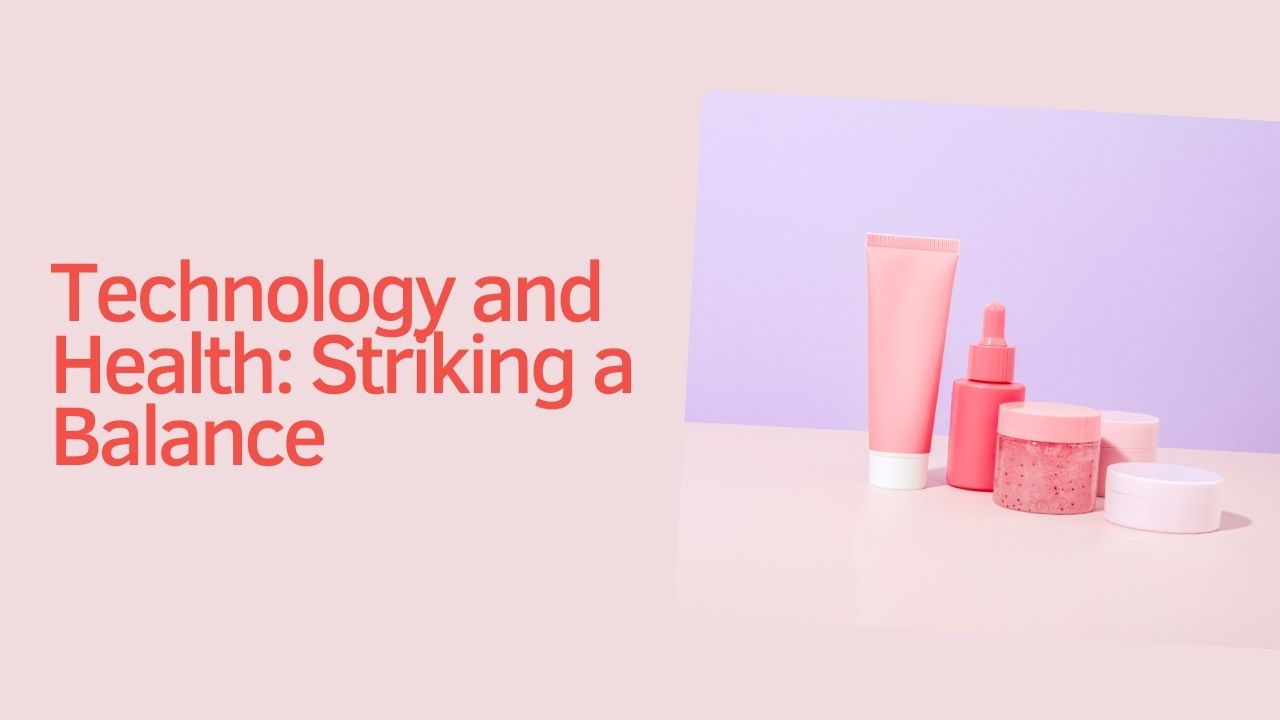Technology has revolutionized nearly every aspect of our lives, including healthcare. From wearable fitness trackers to AI-powered diagnostic tools, technology is transforming the way we prevent, diagnose, and treat health conditions. However, its widespread adoption also raises crucial questions about its impact on our overall well-being. To truly reap the benefits of technology in healthcare, we must strike a delicate balance between its potential and its potential dangers.
The Positive Impacts of Technology on Health
- Enhanced Preventive Care and Increased Awareness:
- Fitness trackers and health apps encourage individuals to take charge of their health by tracking physical activity, sleep patterns, and dietary habits.
- Health-focused communities and social media platforms offer a wealth of information, support, and motivation for adopting healthier lifestyles.
- Improved Diagnostic Accuracy and Early Intervention:
- AI-powered tools analyze medical images and data with unprecedented accuracy, leading to faster and more accurate diagnoses of diseases like cancer and heart disease.
- Advances in telemedicine enable patients in remote areas to access specialized care and early interventions, bridging healthcare disparities.
- Personalized Treatment Plans and Precision Medicine:
- Genomic sequencing allows for tailored treatment plans based on an individual’s unique genetic makeup, leading to more effective and less toxic therapies.
- 3D printing is used to create customized implants and prosthetics, improving patient outcomes and quality of life.
Potential Negative Impacts of Technology on Health
- Technology Addiction and Dependence:
- Overreliance on technology can lead to addiction and dependence, isolating individuals from social interactions and contributing to anxiety and depression.
- Excessive screen time can disrupt sleep cycles, promote sedentary lifestyles, and strain eyesight, leading to health concerns.
- Privacy Concerns and Data Security:
- The collection and storage of health data raise concerns about privacy and security, as breaches could lead to discrimination or exploitation.
- Ethical considerations surrounding data ownership and usage must be addressed to protect individuals’ rights and maintain trust in health systems.
- Digital Divide and Inequitable Access:
- Disparities in access to technology and health information can exacerbate existing health inequalities, disproportionately affecting marginalized communities.
- Efforts to bridge the digital divide are essential to ensure equitable access to the benefits of health technology.
Finding a Balance: Best Practices for Healthy Technology Use
- Set boundaries and prioritize face-to-face interactions:
- Designate technology-free zones and times to foster meaningful connections and reduce screen time.
- Practice mindful technology use:
- Be conscious of your technology habits and the impact they have on your physical and mental health.
- Engage in activities that promote relaxation and stress management, such as mindfulness exercises or spending time in nature.
- Protect your privacy and security:
- Stay informed about data privacy practices and take steps to safeguard your personal information.
- Understand your rights and make informed choices about data sharing.
- Advocate for equitable access and ethical use:
- Support initiatives that promote digital literacy and expand access to health technology for underserved populations.
- Demand transparency and accountability in the development and use of health-related technologies to ensure they align with ethical principles and prioritize patient well-being.
In a Nutshell
Technology has potential to transform healthcare and improve our general well-being. It is critical that we embrace technology with mindfulness and balance as we cross this changing landscape. We can use technology as a powerful tool to better our health without sacrificing our physical and emotional wellness by identifying its potential benefits, addressing its possible hazards, and creating good digital habits. The future of health is dependent on establishing a balance between technical improvements and individual well-being.
